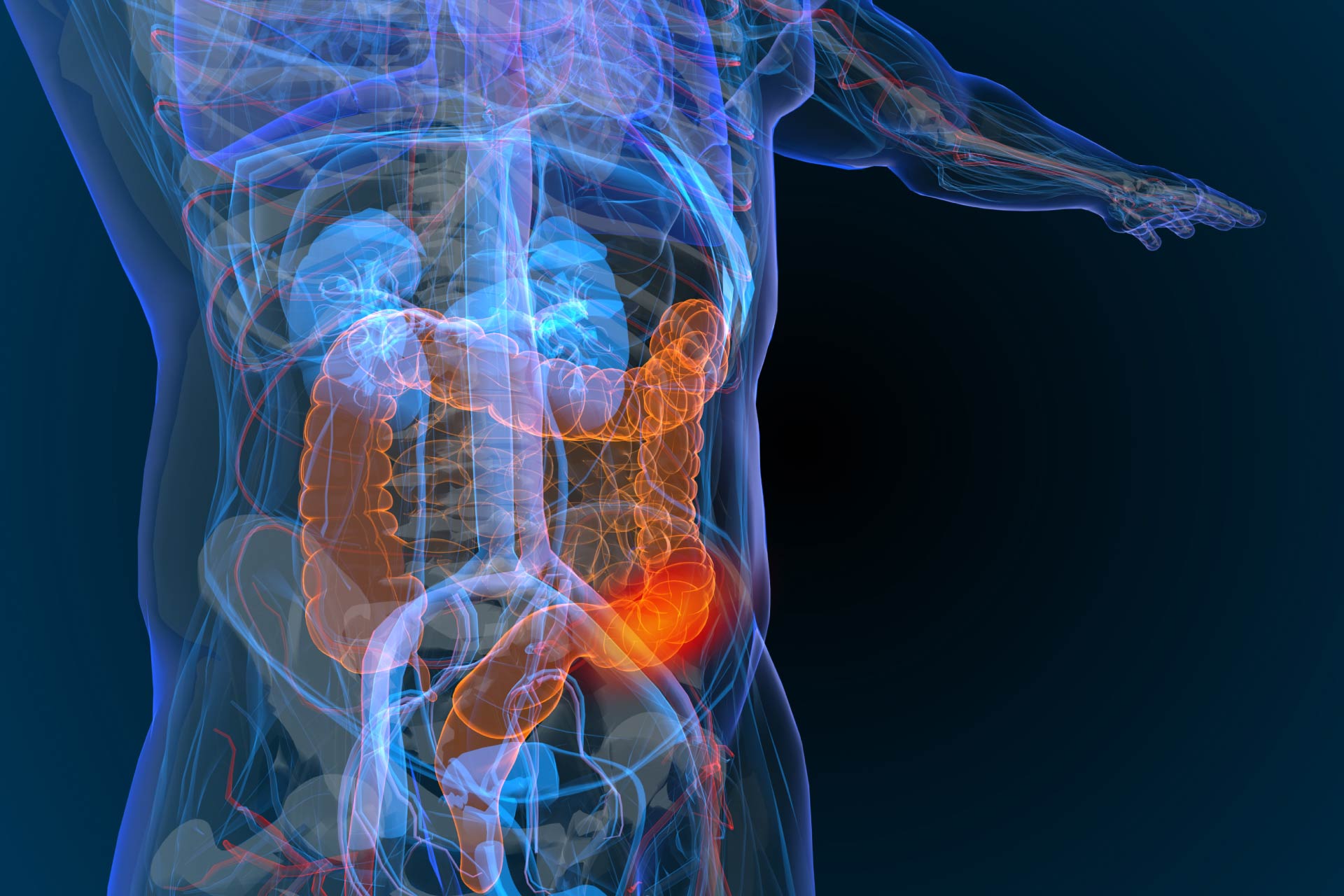• Bacterial proteins
• Stress and cancer
What is already known on this topic
Colorectal cancer is associated with alterations in the gut microbiota composition, but it’s unclear how the function of intestinal bacteria differs between people with colorectal cancer and healthy individuals.What this research adds
By analyzing fecal samples from colorectal cancer patients and healthy people, researchers identified nearly 200 genera of microbes, more than 90,000 peptides, and about 30,000 gut microbial proteins, of which 341 were found to be considerably different in abundance between people with colorectal cancer and healthy volunteers. The levels of microbial proteins related to iron intake and transport, oxidative stress, and DNA replication and repair were altered as a result of high local concentration of iron and high oxidative stress in the gut of colorectal cancer patients.Conclusion
The findings suggest that the gut microbiota composition can vary in abundance and function during the development of colorectal cancer.
Colorectal cancer is the fourth leading cause of cancer mortality worldwide and has been associated with alterations in the gut microbiota composition. But it’s unclear how the function of intestinal bacteria differs between people with colorectal cancer and healthy individuals. Now, researchers have found hundreds of microbial proteins whose abundance is considerably different between colorectal cancer patients and healthy people.
The findings, published in npj Biofilms and Microbiomes, support the idea that the gut microbiota composition can vary in abundance and function during the development of colorectal cancer.
To study how the gut microbiota is altered in people with colon cancer, Liang Qiao at Fudan University in Shanghai, China, and his colleagues analyzed fecal samples from 14 colorectal cancer patients and 14 healthy individuals.
Bacterial proteins
The researchers identified and quantified 195 genera of microbes, 91,902 peptides, and 30,062 gut microbial proteins.
Desulfobacterales, Methanobacteriaceae, and Sporolactobacillaceae, as well as Bacteroides fragilis and Peptostreptococcus anaerobius, were more abundant in colorectal cancer patients than in healthy people.
Of the bacterial proteins, 341 were found to be considerably different in abundance between people with colorectal cancer and healthy volunteers. The 10 most abundant proteins in colorectal cancer patients were from the genera of Odoribacter, Eubacterium, Subdoligranulum, Parabacteroides, and Ruminococcus, as well as the Clostridiales order.
Many of these proteins are involved in iron intake and transport, oxidative stress, and DNA replication and repair. These findings are consistent with the idea that excessive iron and oxidative stress are associated with the development and progression of colorectal cancer, the researchers say.
Stress and cancer
Based on these and previous findings, the team put forward a hypothesis about the function of gut microbes in the development of colorectal cancer. They speculate that high iron concentration in the gut of colorectal cancer patients promotes the colonization of pathogenic bacteria.
Iron also regulates the production of free radicals and is involved in oxidative stress regulation. Oxidative stress can in turn cause DNA damage of intestinal epithelial cell and probiotic bacteria. These effects are reflected in the observed increase in concentration of proteins related to DNA damage repair in the microbiota of colorectal cancer patients, the researchers say.











